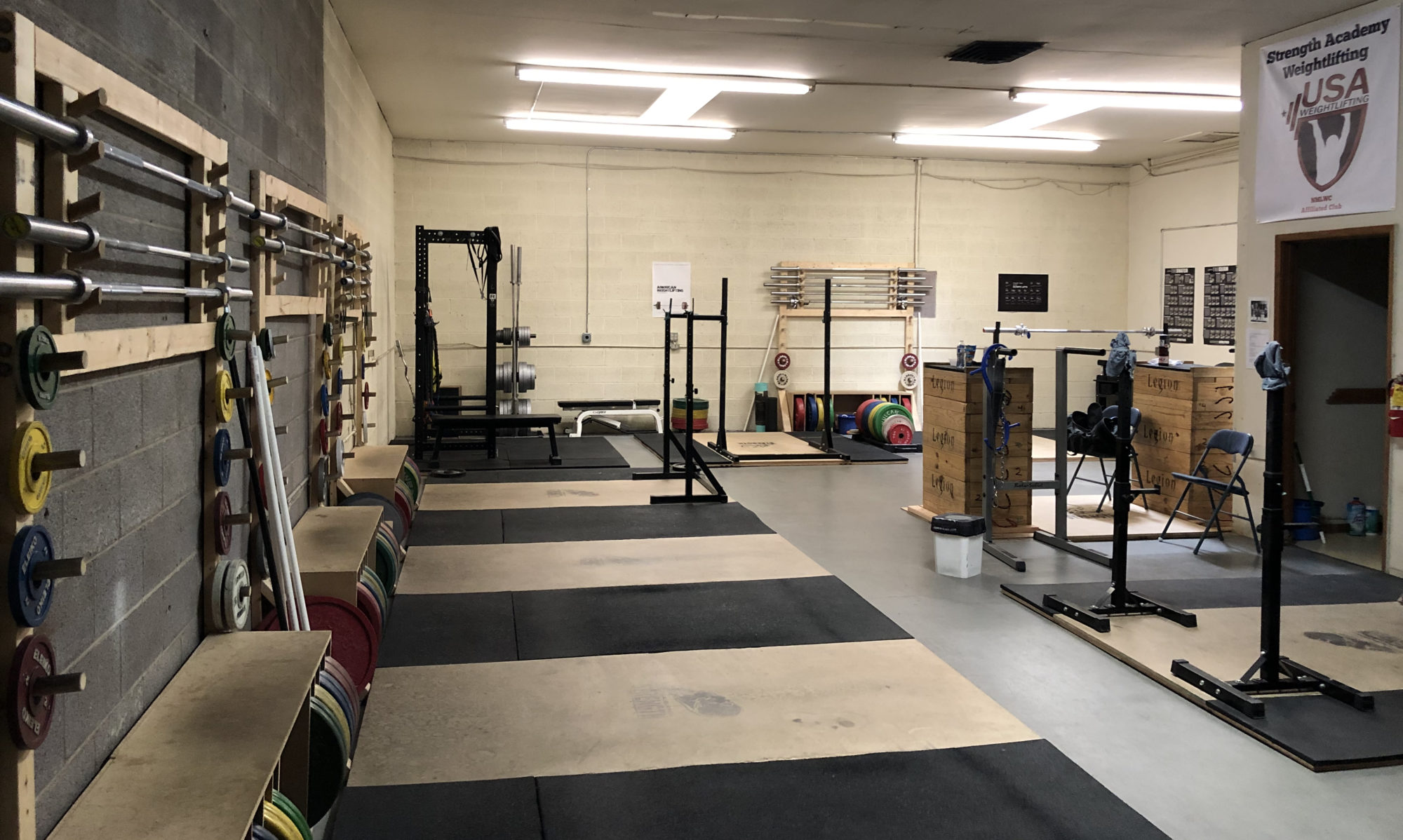People have this idea that perfection is what should be strived for. The perfect mate, the perfect career, the perfect diet, the perfect life. In sports, the perfect jump shot, the perfect batting average, the perfect game, the perfect season. I’ve heard that practice makes perfect. I’ve also heard that perfect practice makes perfect. This is all assuming that something can be perfected. I don’t believe in perfection, it’s an undefinable concept, like dividing by zero. Nothing can be perfect because nothing has ever been perfect. Why does that matter in Weightlifting? I’m glad you asked. Here’s the thing, there is no perfect lift. There’s the lift you barely made. The lift you kind of pressed out. The lift you nearly chased off the platform. The lift that felt wobbly. The lift that felt fast. The lift that was better than the last one. None of these are the perfect lift though. Let’s say someone was tasked to create a computer simulation of the perfect lift. How would the Lifter be put together? Height, age, body weight, body proportions, mobility, years of training, range of motion, mindset, the list could go on. The barbell and the weight on it are a constant, you my friend, are the variable. Let’s set the idea of perfection aside and focus on a better concept to aim for…progress.
Progress is something that can be achieved and continually worked toward. Progress isn’t sexy though. Progress can take time, a lot of time, and that requires patience. Patience with yourself and with the process of advancement. There are times when your advancement feels like a bumper to bumper traffic jam in 100 degree weather as you see a tumbleweed roll right past you. At the very worst, it can feel as if we are regressing. This happens in Weightlifting. It’s all PR’s and rainbows when you first start, but then plateaus arrive like dark clouds over your summer barbeque. The leveling off of progress. This is the point where the real work starts, and where people start to feel a little bit of despair. I’ve been there. Until recently, I had been on an uphill climb in first gear with the emergency brake on, and it sucked. I got through it though. How? One word, Kaizen.
Kaizen is a Japanese word for improvement. Continuous improvement. The concept is this: systematic improvements through small incremental changes to processes. What does this concept have to do with Weightlifting? Have you not been paying attention? Progress is continual improvement. Boom goes the dynamite! As long as you make continual improvement, even if it’s one small incremental change at a time, you are winning. You get injured and have to start at the beginning, the moment you get back to training in some way, you’re making progress. You haven’t made any PR’s in a year, but you rarely miss any lifts, you’re making progress. You missed a bunch of lifts and had a lousy training session where you wanted to quit but you didn’t, you’re making progress. You are on the verge of injury or having a complete meltdown and you throttle your training back to recover more, you’re making progress. Progress is the river, through time and effort, that created the Grand Canyon. If your only metric is perfection, you will continually be disappointed and eventually give up. Ever hear that if you aim for the stars and you land on the moon, you’ve still achieved something great? There it is, what you aim for determines where your effort is placed and how close you get to your goal. If perfection is the only measure of success, and you miss the mark, by that logic the result is that your effort has been wasted. Focus instead, on learning from every mistake, every failure and setback, and seek mastery with DELIBERATE practice. Aim toward Better, and you’ll make progress. Who knows, if you make enough progress, you might be the first to hit perfection. Perfection is the enemy of Progress, because if you wait until something is perfect, you might be waiting longer than it takes your crush to text you back. Progress, Not Perfection.
